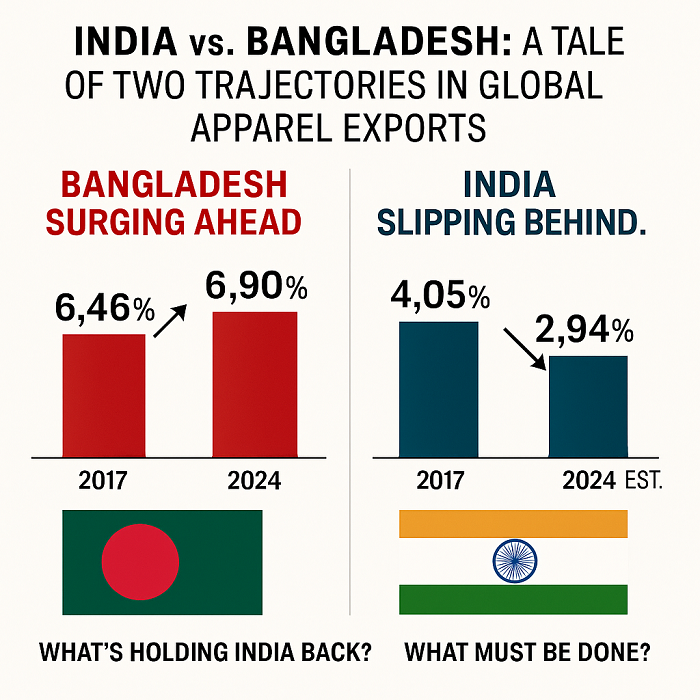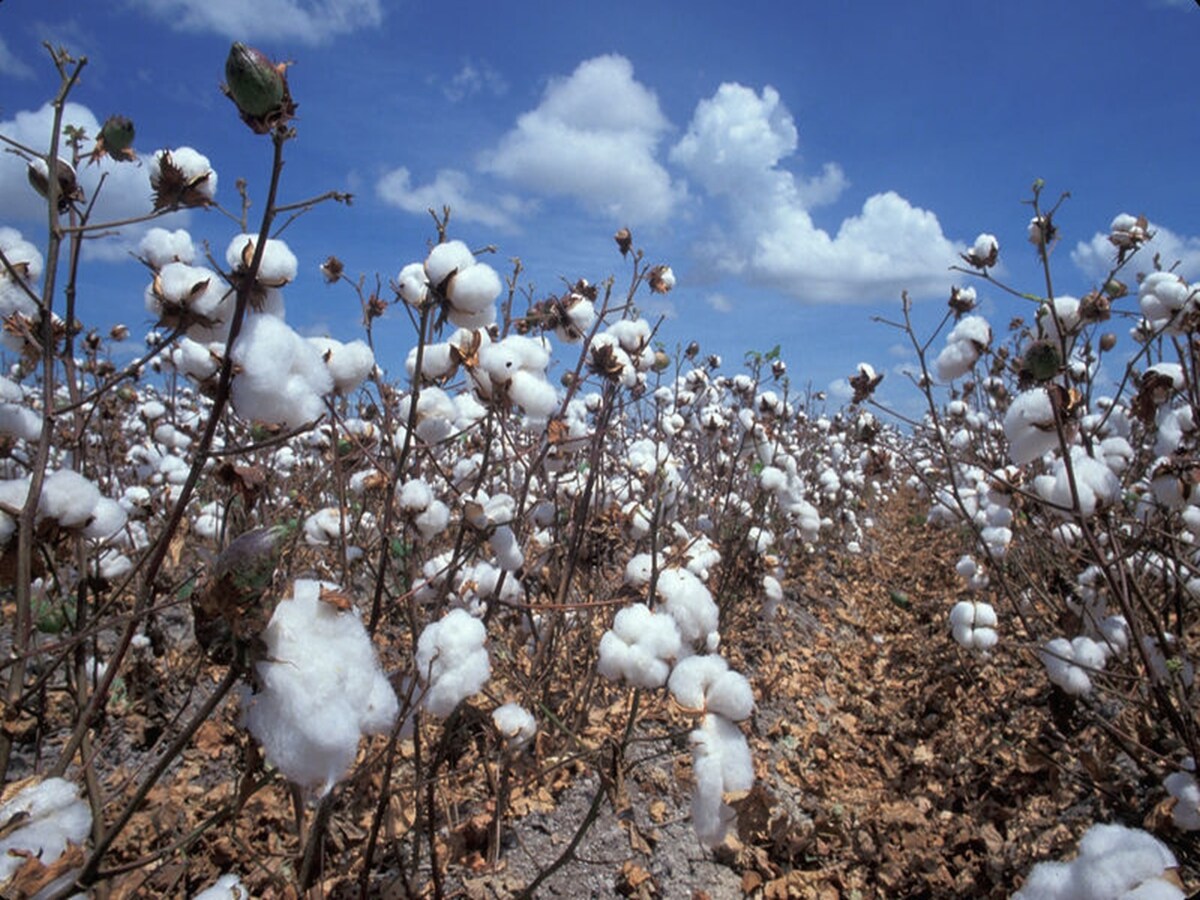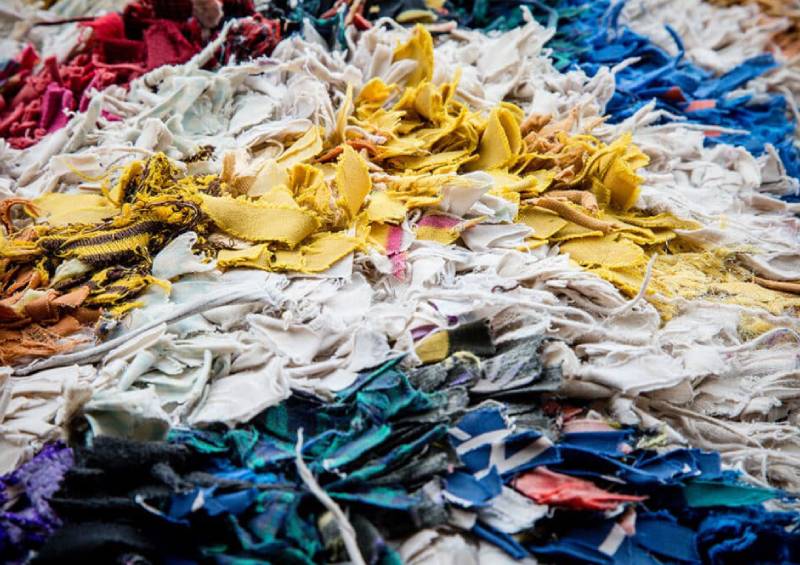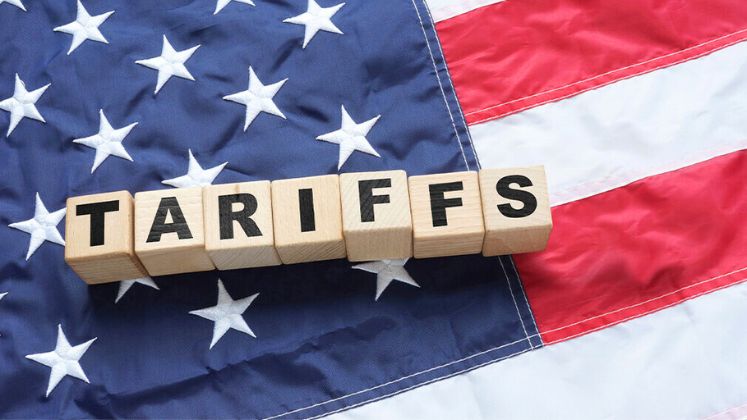Voicing strong concerns over the government’s decision to halt gas supply to the ‘highly efficient’ captive power plants (CPPs) from Jan 01, 2025, Sohail Pasha, Chairman and Khhurram Mukhtar, Patron-in-Chief, The Pakistan Textile Exporters Association (PTEA), warned, the decision could lead to frequent power outages and voltage instabilities from the power distribution companies, severely impacting the textile sector.
Currently 480 captive power plants across Pakistan operate on the SNGPL network and another 800 on the SSGC network. All of these rely on gas-powered combined heat and power (CHP) systems for not only providing a consistent power source but also avoiding voltage fluctuations andprotecting the automated machinery used throughout the textile industry.
The textile sector has made heavy investments in these gas-based power plants, specifically to ensure a stable and uninterrupted energy supply for operations, Pasha and Mukhtar said. CHP systems being the second-largest consumers of RLNG after the power sector, discontinuing gas supplies could undermine the $19 billion textile export industry and putting millions of jobs at risk, they added.
The government’s decision could also hinder the industry’s ability to meet international commitments and fulfill orders for value-added products, the PTEA leaders noted. Given the existing RLNG supply contracts, halting gas supplies could create an RLNG surplus, adding financial strain to a sector already grappling with economic challenges, they opined.
Further, the PTEA leaders argued, in-house power generation from CPPs is more efficient and cost-effective than relying on the government grid, which incurs transmission and distribution (T&D) losses. Without immediate energy alternatives, the sector could face large-scale closures, posing a serious threat to Pakistan’s textile industry and export economy, they emphasised.












